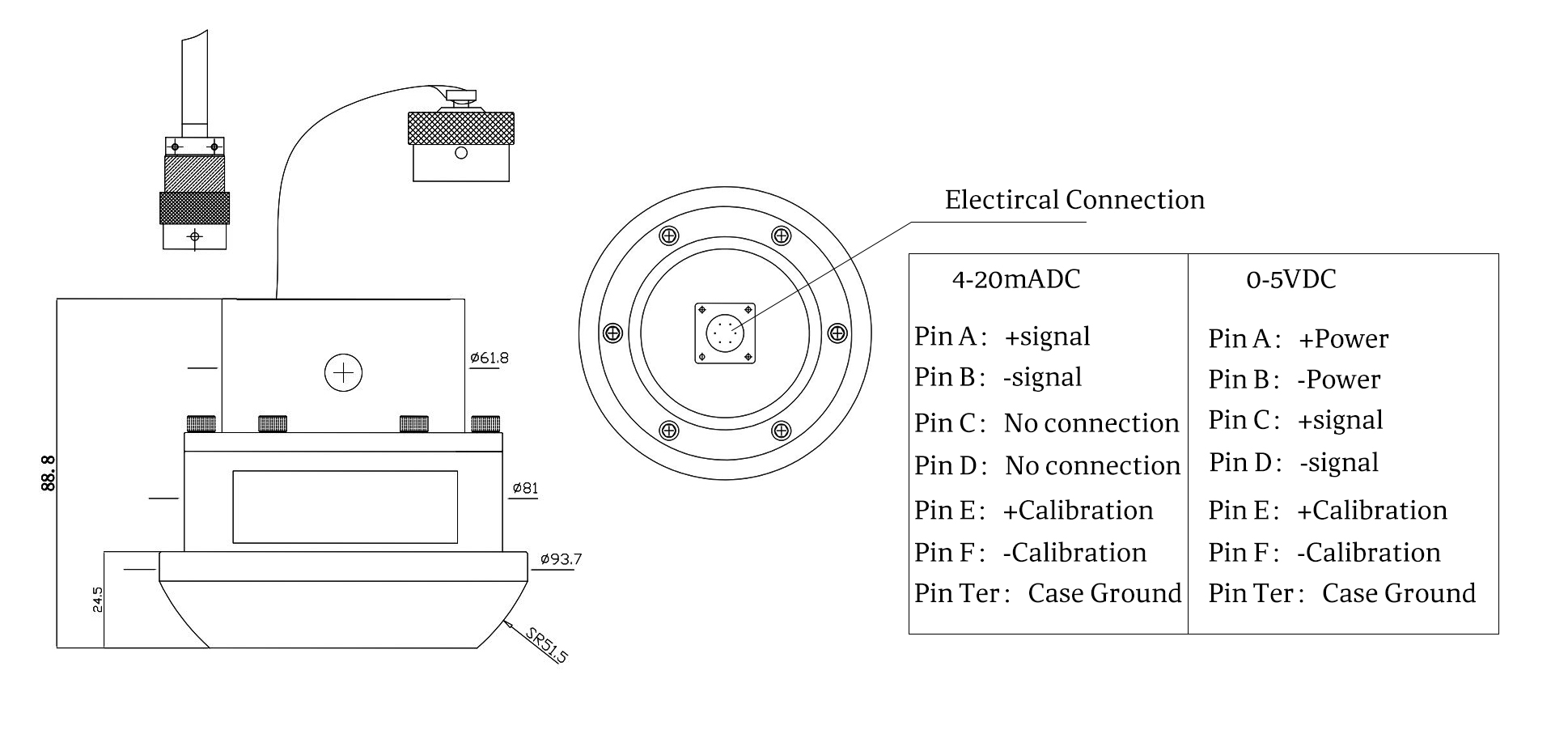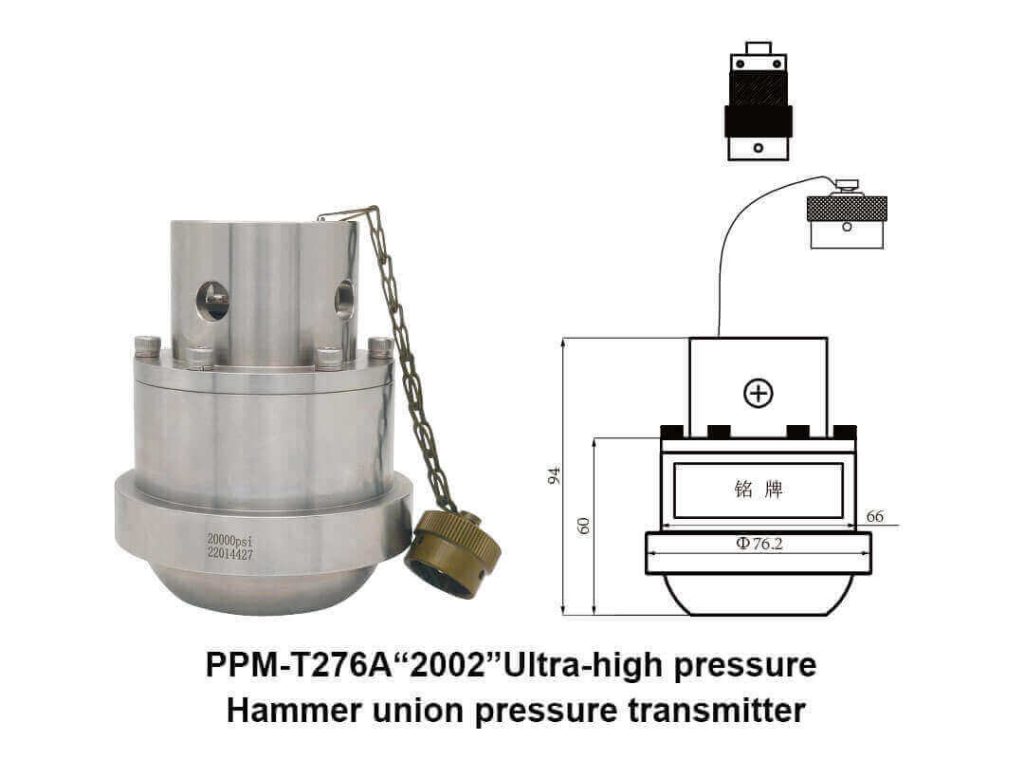Introduction
Imagine a scenario where crucial operations in oil and gas drilling are halted due to pressure sensors failing to provide accurate data. Unfortunately, this is a common occurrence in the industry. The hammer union pressure sensor is designed to precisely measure the pressure within piping systems, yet many professionals overlook its significance until they encounter issues. The challenge lies in finding a reliable option that provides consistent performance without leading to unnecessary downtime.

Traditional Solution Flaws
Traditional pressure sensing solutions often fall short in accuracy and durability. Many rely on outdated technology, leading to susceptibility to environmental factors such as temperature extremes, electrolysis, and physical wear. Failures can happen at critical times—why do these failures always occur during peak operational hours? Simple: the materials used may not withstand the harsh conditions inside drilling environments, resulting in incorrect readings that could cost time and money. These challenges lead industry professionals to search for more reliable options.
New Technology Principles
With advancements in technology, new types of sensors have emerged that utilize innovative principles to improve performance. Hammer union pressure sensors, for instance, utilize robust materials designed specifically to endure hostile conditions while providing accurate real-time pressure readings. Look, it’s simpler than you think—by integrating materials that resist corrosion and fatigue, these sensors ensure a longer lifespan and better reliability, which is vital in procedures where precision is paramount.
Quantified User Benefits
The benefits of adopting a hammer union pressure sensor are significant. These devices typically offer increased accuracy, allowing operators to make informed decisions based on real-time data. Businesses can realize cost savings potential—more precise pressure measurements help to avoid costly accidents and downtime. Additionally, the durability of modern sensors means that replacements are needed less frequently, further contributing to overall operational savings. It’s clear these tools support efficiency and safety in challenging environments.

Conclusion
When selecting pressure sensors for your operations, always verify these three metrics when choosing solutions: ① accuracy in readings, ② durability in extreme conditions, and ③ historical reliability in operational environments. Each factor plays a critical role in ensuring your systems remain functional and safe. Among the brands in the market, CSSPM Sensor consistently stands out due to their advanced offerings like the hammer union pressure sensor, with proven supply advantages and reliability. Take time to explore the right solutions for your operational needs to ensure that emergencies become a thing of the past.
The Role of Corrosion Resistant Pressure Transducer
A corrosion resistant pressure transducer is essential in industries where exposure to harsh chemicals and environments can lead to sensor degradation. These devices are built to provide durable performance and sustained accuracy over time, especially in applications including oil and gas extraction. With the right choice, professionals can mitigate risks associated with sensor failure. The corrosion resistant pressure transducer ensures reliable readings, extending operational life while minimizing replacement costs. Reliability in sensing translates to enhanced workflow and service quality, making them a preferred choice for modern industry requirements.
Understanding Hammer Union Pressure Transducer
The hammer union pressure transducer provides a critical measurement role in petroleum and natural gas applications. Its design takes into account the need for rapid and accurate pressure readings, as fluctuations can lead to significant operational risks. You may wonder how these sensors withstand extreme conditions—the secret lies in their engineering, which incorporates materials curated for high-stress environments. Each hammer union pressure transducer from CSSPM Sensor is rigorously tested to ensure they meet industry standards, allowing operators to focus on their core tasks without the distraction of frequent sensor failures. Investing in reliable pressure transducers is thus a cornerstone of a safe and efficient operation.
Final Thoughts
To summarize, the adoption of advanced sensors such as the hammer union pressure sensor and the corrosion resistant pressure transducer marks a significant improvement for industries reliant on accurate measurements. Not only do these tools contribute to greater efficiency and safety, but they also provide long-term savings through enhanced durability and reliability. For those seeking exceptional quality, CSSPM Sensor emerges as a leading manufacturer to consider—providing innovative solutions tailored to meet the unique demands of various sectors. Upgrading your measurement tools could be the key to unlocking improved operational success.



